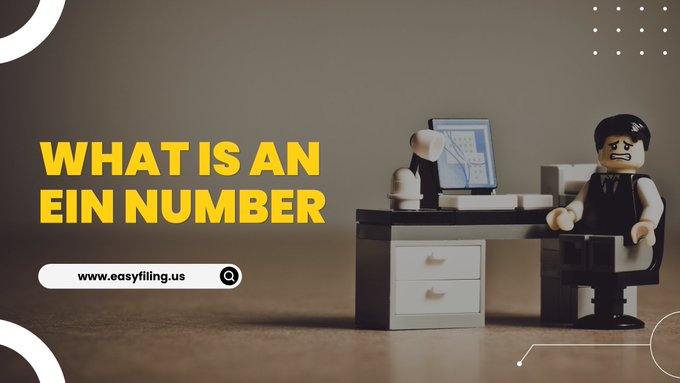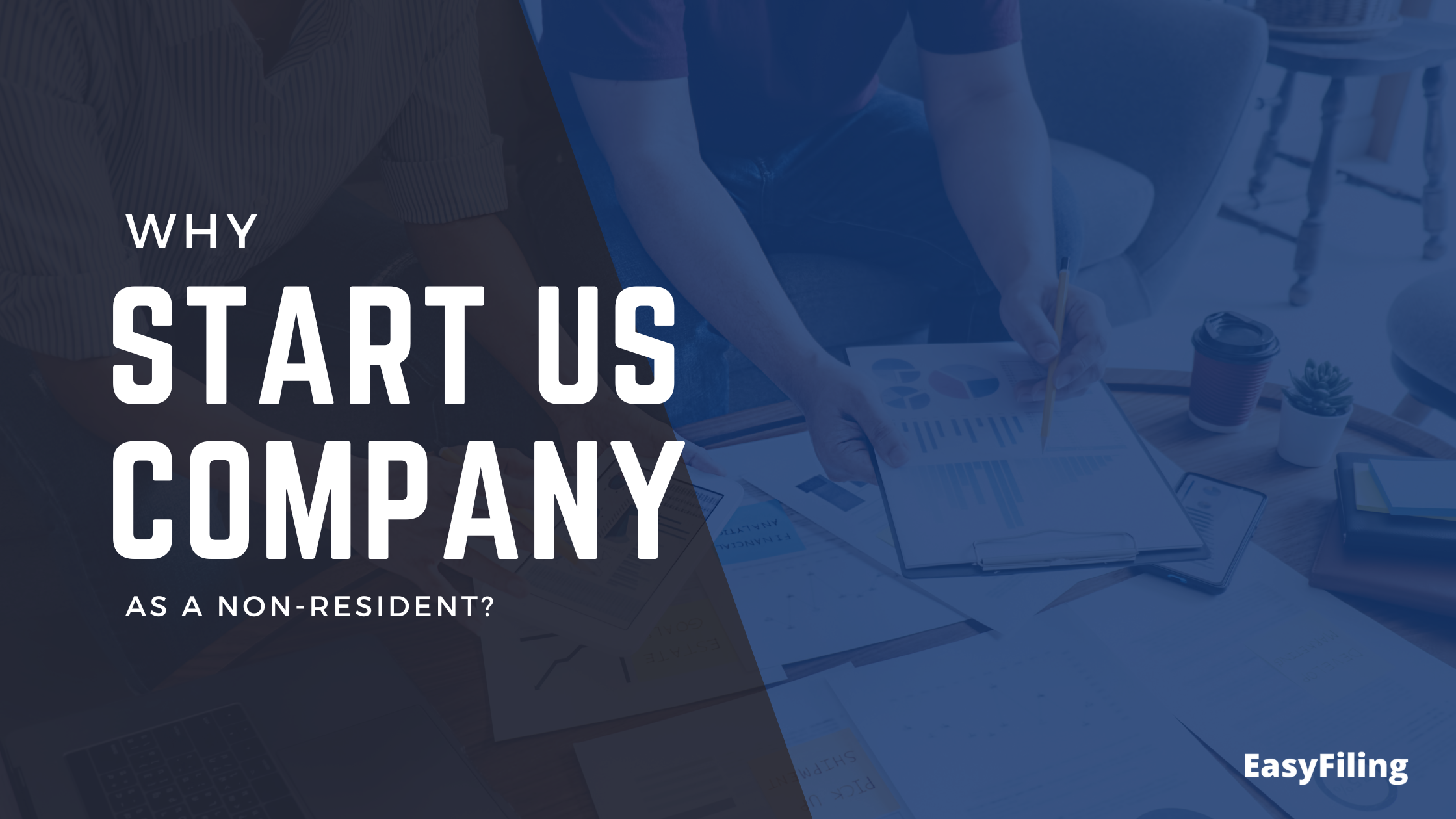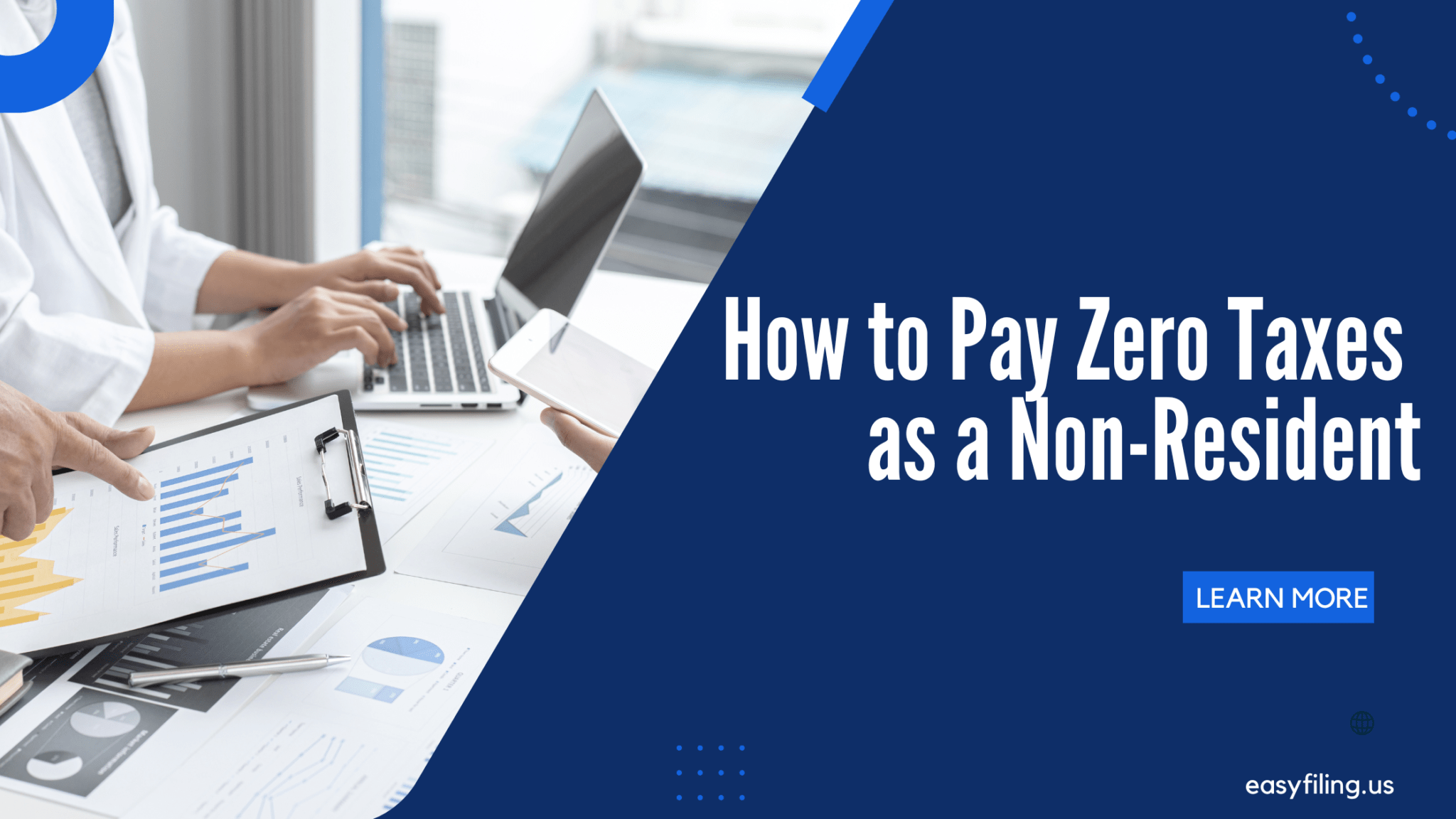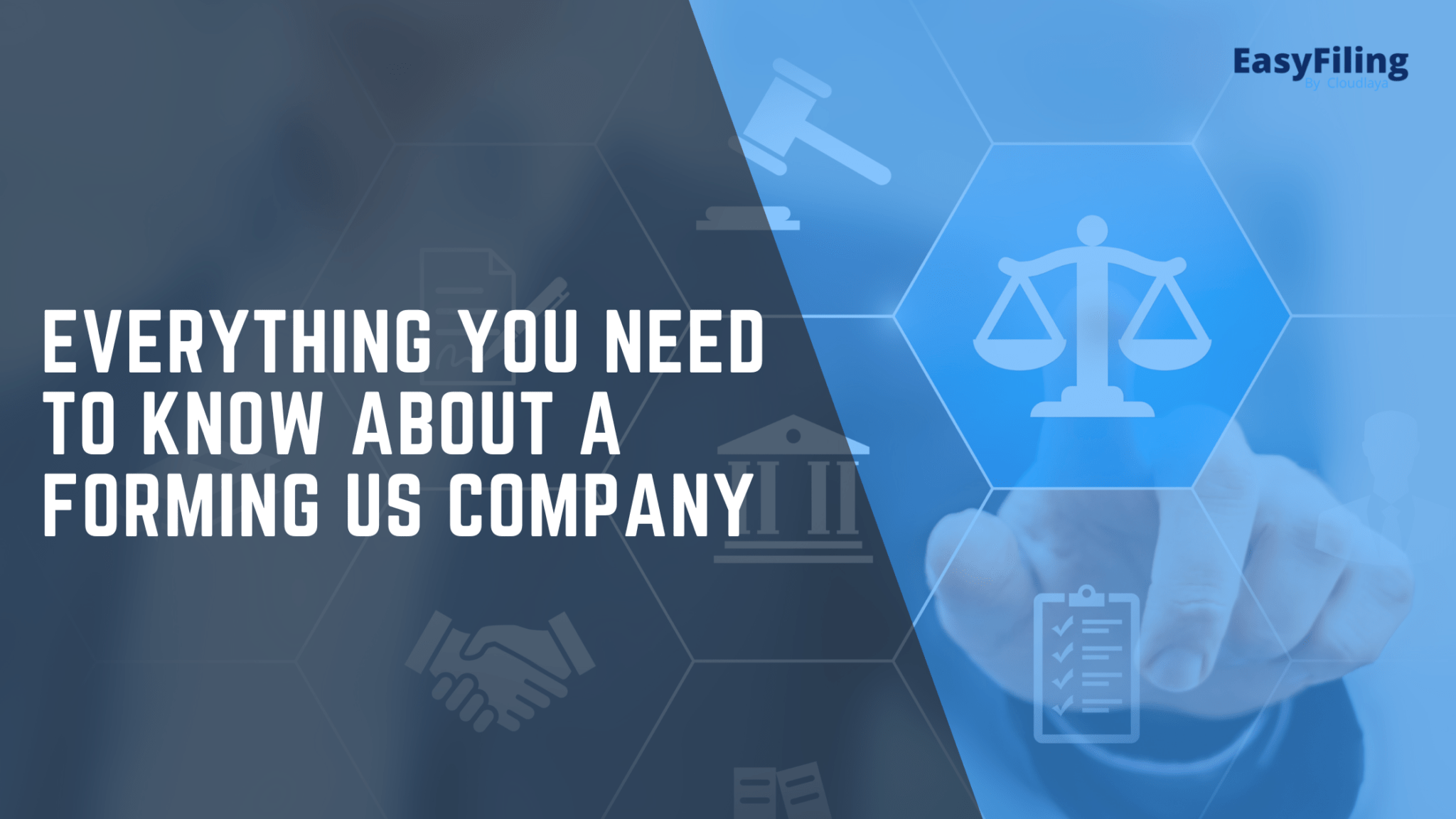An EIN Number (Employee Identification Number) is a unique nine-digit number assigned by the Internal Revenue Service (IRS) to businesses for tax purposes. This number is similar to a social security number for individuals and serves as a way for the government to identify and track businesses for tax reporting.
EINs are also known as Federal Tax Identification Numbers (FTINs) or Federal Employer Identification Numbers (FEINs). They are used to identify a business entity for taxes, employee payroll, opening bank accounts, and other business activities.
Do I Need an Employee Identification Number?
An Employee Identification Number (EIN) is essential for various business operations, and here’s why:
- Tax Requirements: Primarily, the IRS requires businesses to have an EIN for tax filing and reporting purposes. It’s used to identify your business entity and track payroll taxes and income taxes withheld from employees’ paychecks.
- Hiring Employees: If you plan to hire employees, an EIN is mandatory. It’s needed to report taxes at the federal and state level and for setting up payroll systems to withhold taxes.
- Business Banking: Opening a business bank account often requires an EIN. Banks use it to comply with tax laws and differentiate between personal and business banking transactions.
- Building Credit: An EIN is used to establish business credit. Without it, you can’t build a credit history for your business, which is crucial for future loans and lines of credit.
- License and Permits: Some businesses need local or state licenses and permits to operate, and obtaining these often requires an EIN.
- Business Structure: Certain business structures, like corporations and partnerships, require an EIN by default. However, even sole proprietors may need an EIN if they have a Keogh plan or if they hire employees.
Overall, an EIN is not just a tax requirement; it’s a fundamental part of establishing and growing your business in a compliant and structured way.
How to Obtain an EIN for a Foreign-Owned US LLC
Foreign-owned US single-member LLCs and multi-member LLC partnerships need a US tax ID number for several reasons, including compliance, opening bank accounts, and filling out necessary forms.
Steps to Obtain a Tax ID
- Set Up the Entity: Get the articles of incorporation or corporate documents from the state where you decide to create the LLC (e.g., Delaware or Nevada).
- Fill Out Form SS-4: Provide details such as the legal name, trade name, mailing address, registered agent information, and responsible party details.
Completing Form SS-4
- Indicate whether the LLC is a single-member or multi-member entity.
- Provide business information, including the organization date, type of business, merchandise or services offered, and contact details.
Submission Process
- With a Social Security Number: Submit the completed form through the IRS website.
- Without a Social Security Number: Complete the form and submit it via fax to obtain an Employer Identification Number (EIN), following any additional IRS instructions.
Challenges and Tips
- Be patient, as IRS phone support may be slow due to high inquiry volumes and tax law changes.
- If additional documents are requested, be ready to provide proof of your company’s existence, such as articles of organization or incorporation.
This guide provides a step-by-step process for obtaining a tax ID for a foreign-owned US single-member LLC, highlighting the importance of accurate documentation and patience throughout the application process.
Benefits of an Employer Identification Number
An Employer Identification Number (EIN) is essential for businesses, offering several key benefits:
- Tax Administration: An EIN is necessary for federal tax reporting and to pay employees legally in the United States. It simplifies the tax filing process, making it more efficient for businesses.
- Business Identity: Just as a Social Security Number acts as an identifier for individuals, an EIN serves as a unique identifier for a business, helping to protect against identity theft.
- Financial Operations: Opening a business bank account often requires an EIN. This separation of business and personal finances enhances financial management and professionalism.
- Credit Opportunities: Businesses with an EIN can build a credit profile separate from the owner’s personal credit. This is crucial for applying for business loans or credit cards.
- Hiring Employees: An EIN is mandatory for hiring employees, as it is used for setting up payroll systems and fulfilling the business’s tax obligations for employee withholdings.
- Business Licenses: Many types of business licenses and permits require an EIN for application, making it a foundational step in the legal establishment of a business.
- Contractor Relationships: For businesses that work with independent contractors, an EIN is used to report payments to the IRS, ensuring compliance with tax laws.
Overall, obtaining an EIN is a critical step in establishing a business’s legal and financial foundation, facilitating compliance with U.S. tax laws, enhancing creditworthiness, and streamlining various administrative processes.
What Happens If You Lose or Misplace Your EIN?
Losing or misplacing your Employer Identification Number (EIN) can be a cause for concern, but it’s a situation that can be managed with the right steps. The EIN is crucial for a variety of business operations, including tax filings, opening bank accounts, and hiring employees.
If you find yourself in this predicament, the first step is to thoroughly search any documents where the EIN might have been recorded. This includes emails, physical documents, and bank records.
Should your search turn up empty, the next step is to contact the IRS directly. The IRS can reissue your EIN over the phone after verifying your identity and confirming your authorization to receive the number. It’s important to note that the IRS won’t provide your EIN via email or fax for security reasons.
Remember, the IRS does not issue new EINs in cases of lost or misplaced numbers. Instead, they will assist you in recovering your original EIN. Keeping your EIN secure and accessible is crucial for your business operations, so consider storing it in multiple secure locations to prevent loss or misplacement in the future.
How Long Will It Take to Get an EIN Number?
Obtaining an Employer Identification Number (EIN) can vary in time, depending on the method chosen for application.
If you apply online, which is the most convenient and preferred method by the IRS, you can receive your EIN immediately after the application is completed and validated during the session.
For businesses opting to apply via fax, the wait time is slightly longer; the IRS typically processes faxed applications within four business days, followed by mailing the EIN to the applicant. Mailing your application, however, takes the longest.
The IRS usually takes about four to six weeks to process mailed applications and send the EIN to the applicant. It’s important for businesses to choose the method that best fits their timeline and preparation for tax requirements.
Each method is designed to accommodate different needs, ensuring businesses can obtain their EIN in a timely manner suitable to their schedule.
How to cancel an EIN Number
- Determine if cancellation is necessary (EINs cannot be canceled but can be closed if business is shuttered).
- Gather necessary documents (EIN confirmation letter, business details).
- Write a closure letter to the IRS stating the reason and including your EIN, business name, and address.
- Mail the letter to the IRS at the address where you file your tax return.
Closing Your Employee Identification Number
Closing your Employee Identification Number (EIN) is a significant step that typically signifies the end of your business operations. It’s important to understand that the IRS does not technically “close” an EIN.
However, if your business is ending, or you no longer need your EIN for the purpose it was originally issued, you must inform the IRS to prevent future tax liabilities or confusion. This involves sending a letter to the IRS, clearly stating your business name, EIN, and the reason for closing the account.
Also, if you have any outstanding tax obligations or need to file a final return, these must be addressed. The process ensures that your business is properly concluded in the eyes of the tax authorities and helps in avoiding unnecessary complications with future tax filings.
While the EIN remains in the IRS system, it will not be active for future business activities, effectively marking the closure of your business entity.
Frequently Asked Questions (FAQs)
Can I use my social security number instead of an EIN number?
If you are a sole proprietor without any employees, you may be able to use your social security number for tax purposes. However, it’s recommended to have an EIN number for business operations as it helps protect your personal information and simplifies tax reporting.
Do I need a new EIN Number if my business structure changes?
Yes, changing your business structure, like incorporating or forming a partnership, requires a new EIN. This helps the IRS track taxes and ownership under the new setup. But, if you’re a sole proprietor changing only your business name or location, a new EIN isn’t needed. Consult a tax professional to know when a new EIN is necessary for your business.
Is there a cost to get an EIN number?
No, obtaining an EIN number is free of charge from the IRS.
Can I use my EIN number for multiple businesses?
No, each separate business entity must have its own unique EIN number.
Do I need to renew my EIN number?
No, an EIN number is a permanent identification number and does not expire. However, if there are changes to your business structure or ownership, you may need to apply for a new EIN number.











